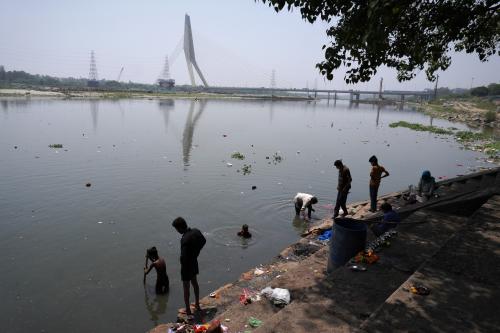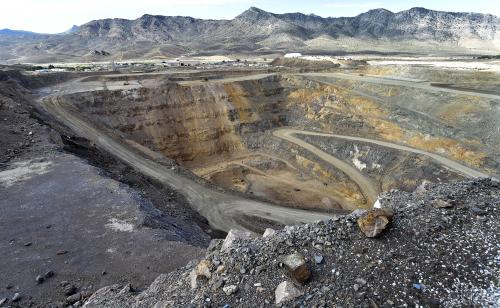Deputy Crown Prince and Minister of Defense Mohammed bin Salman visited St. Petersburg this week, and signed several agreements with the Russians concerning oil cooperation, space cooperation, peaceful nuclear energy cooperation, and nuclear technology sharing. It is another high-profile mission for the 29-year-old son of King Salman bin Abdul-Aziz Al Saud Salman.
Prince Mohammed was accompanied by Foreign Minister Adel Al Jubeir, Minister of Petroleum Ali Al Naimi, and other senior military and intelligence officials. Details on the agreements are few. The Saudis and Russians discussed cooperation on energy issues, investment, and the global oil market. The two agreed to cooperate to achieve stability in the global energy market.
Prince Mohammed chairs the Saudi interagency committee that oversees the oil and gas industry in the kingdom. This trip to St. Petersburg marks the first time the prince has engaged publicly on oil issues.
President Vladimir Putin and Prince Mohammed also discussed the war in Yemen. The Saudis want Russia to endorse their hard line stand against the Houthi rebels. Moscow earlier abstained in the vote on UN Security Council resolution 2216 that calls for the Houthis to withdraw from Sanaa. Putin and Prince Mohammed also reportedly discussed Iran and the P5+1 nuclear negotiations with Iran. They also covered Syria where Russia backs the Assad regime and the kingdom supports the opposition. Ukraine was not mentioned.
Prince Salman invited Putin to visit the kingdom and Putin invited the king to Russia. No dates have been set for either visit. There was no public discussion of any arms deals, a subject of much speculation during previous Saudi-Russian dialogues. The nuclear technology agreement is linked to Saudi plans to build 16 nuclear reactors in the future.
Sending Prince Mohammed to Russia is the latest sign of the power and influence the young prince has under his father. The deputy crown prince has now become the king’s personal envoy for high stakes diplomacy.
His visit also suggests that Prince Mohammed is positioning himself as more independent than other members of the Saudi national security team who are pro-American. Jubeir and Crown Prince Mohammed bin Nayef are seen in the Kingdom as very close to Washington. The royal family is disillusioned with President Obama and his policies in the region. Becoming the advocate of diversifying Saudi interests beyond the United States is a popular move for Prince Mohammed to make.
The Saudi media is hailing the visit as a milestone in Saudi foreign policy which “establishes a strong and open line of communication between Riyadh and Moscow.” The two countries share many common interests editorials report which King Salman is determined to pursue.
The Brookings Institution is committed to quality, independence, and impact.
We are supported by a diverse array of funders. In line with our values and policies, each Brookings publication represents the sole views of its author(s).



Commentary
Saudi’s star prince keeps rising, visits Putin in St. Petersburg
June 19, 2015